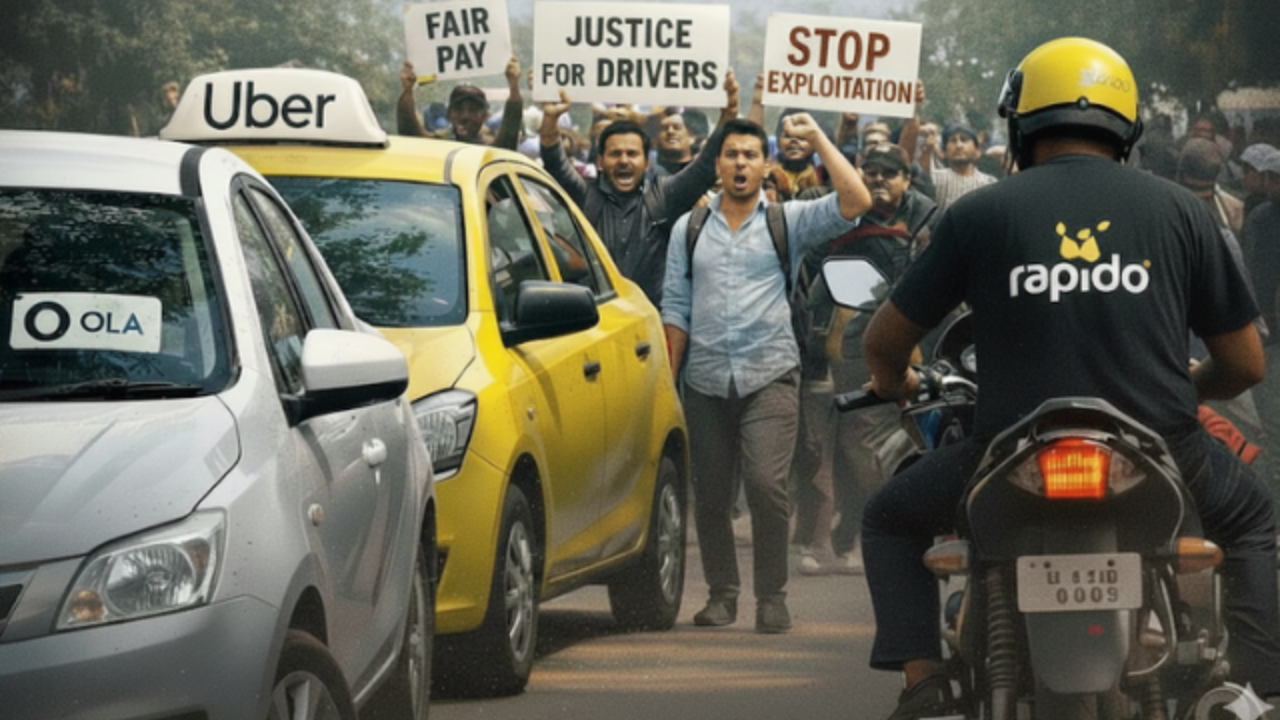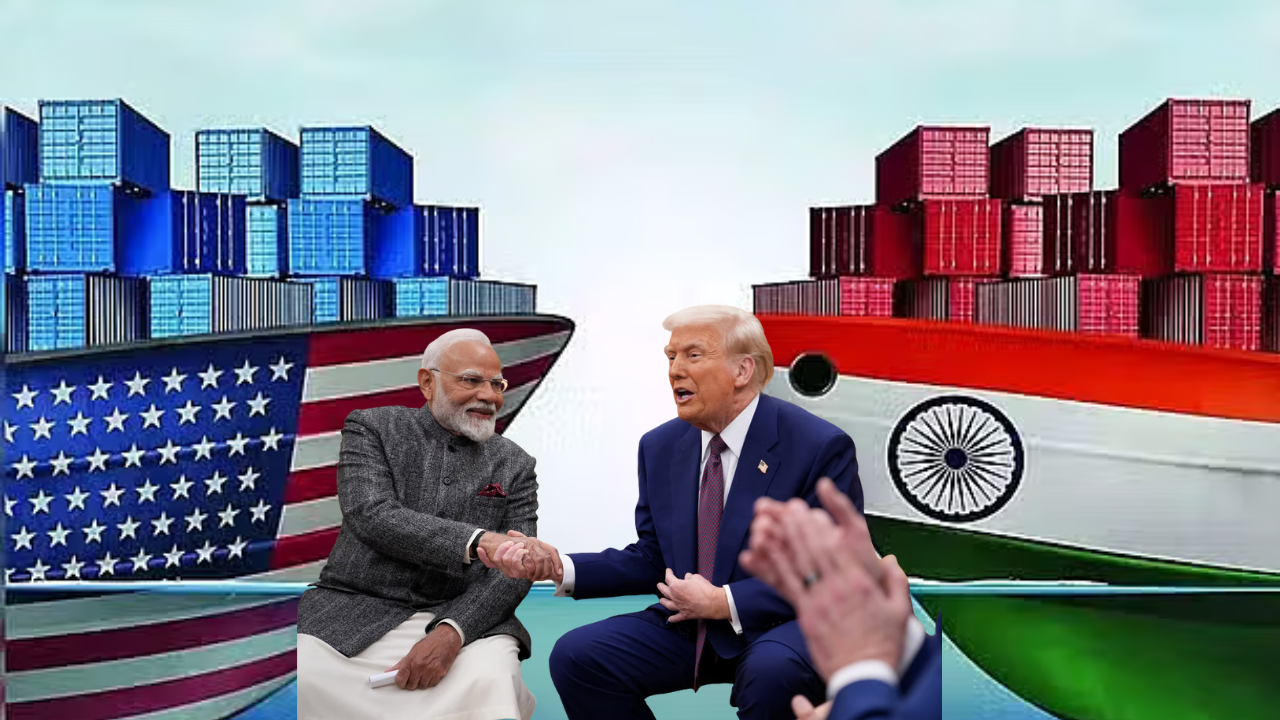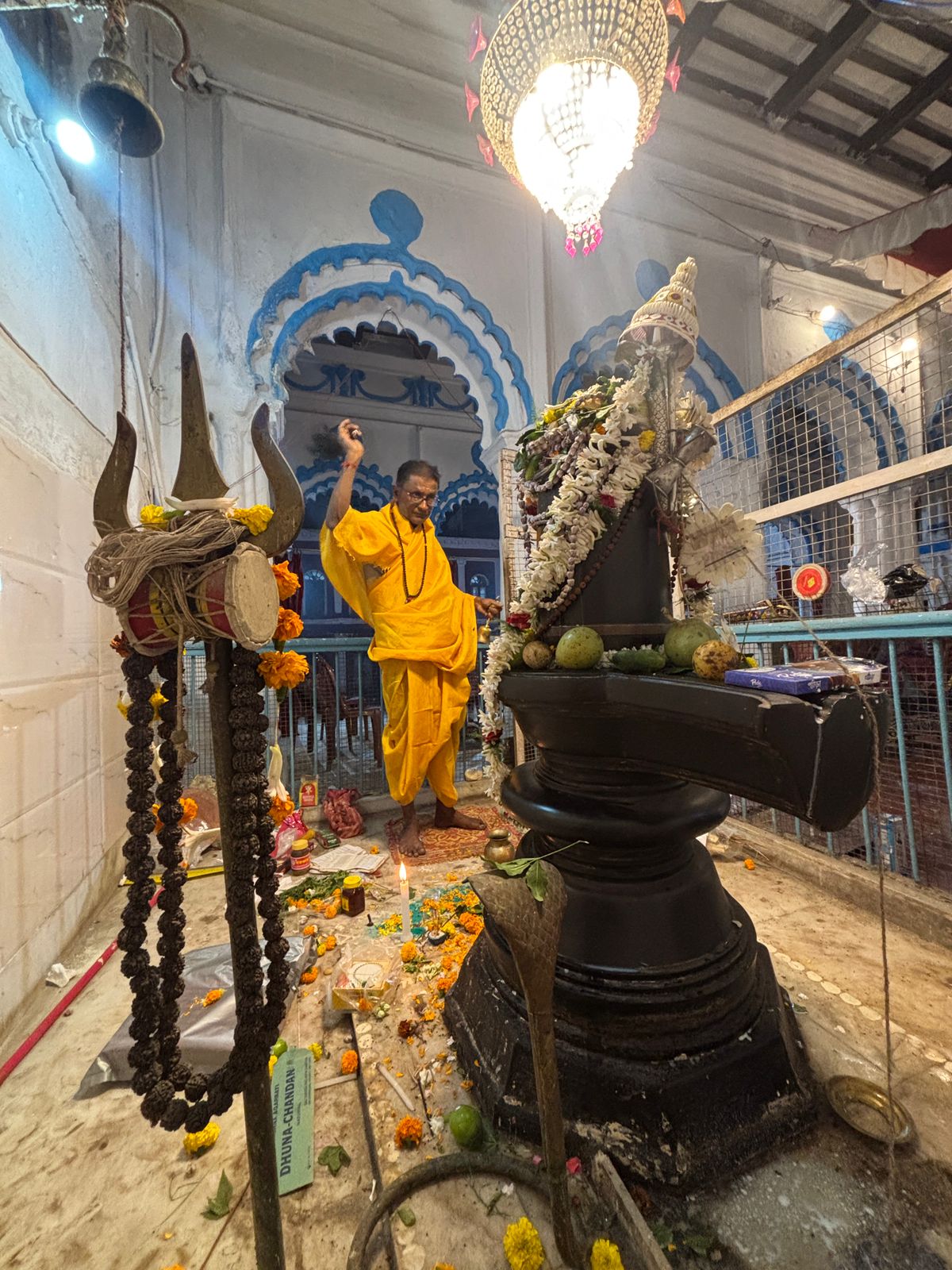AI deepfakes, the technology that uses artificial intelligence to create realistic video and audio forgeries, have garnered significant attention due to their potential for misuse, including spreading misinformation, impersonation, and privacy violations. While concerns about the negative consequences of deepfakes are valid, outright banning the technology may not be the most effective solution. Instead, regulating its use while promoting responsible innovation can strike a balance between addressing the risks and preserving the benefits of this technology.
Firstly, banning AI deepfakes outright may not be feasible or practical due to the rapid pace of technological advancement and the decentralized nature of the internet. Attempts to ban deepfakes could drive their development underground, making it harder to monitor and mitigate their harmful effects. Moreover, banning deepfakes could stifle legitimate uses of the technology, such as in entertainment, education, and digital art, where it has the potential to revolutionize creative expression and storytelling.
Instead of a blanket ban, regulating AI deepfakes can help mitigate the risks associated with their misuse while allowing for responsible innovation and freedom of expression. Regulation could involve establishing clear guidelines and standards for the creation, distribution, and use of deepfakes, as well as implementing mechanisms for verification and authentication to distinguish between genuine and manipulated content. By holding creators accountable for the content they produce and disseminate, regulation can deter malicious actors from using deepfakes for harmful purposes.
Furthermore, regulation can help protect individuals’ privacy and consent by requiring explicit authorization for the use of their likeness in deepfake videos and ensuring that their rights are respected. This can involve establishing legal frameworks for obtaining consent, enforcing penalties for unauthorized use, and providing recourse for victims of deepfake manipulation. By safeguarding individuals’ privacy and dignity, regulation can mitigate the potential harm caused by unauthorized deepfake content.
Moreover, regulation can promote transparency and accountability in the development and deployment of AI deepfake technologies. This can involve requiring developers to disclose the methods and techniques used to create deepfakes, as well as implementing measures for algorithmic transparency and fairness. By promoting transparency, regulation can help build trust in AI technologies and empower users to make informed decisions about the content they consume and share.
Additionally, regulation can foster collaboration between stakeholders, including government agencies, technology companies, researchers, and civil society organizations, to address the multifaceted challenges posed by AI deepfakes. By bringing together diverse perspectives and expertise, regulation can facilitate the development of effective strategies and best practices for managing the risks associated with deepfakes while maximizing their potential benefits.
In conclusion, while AI deepfakes present significant challenges, banning them outright may not be the most effective solution. Instead, regulating their use can help mitigate the risks while preserving the benefits of this technology. By establishing clear guidelines, protecting individuals’ rights, promoting transparency, and fostering collaboration, regulation can strike a balance between addressing the negative consequences of deepfakes and promoting responsible innovation in the digital age.
For more information visit at https://happenrecently.com/zepto/?amp=1
















